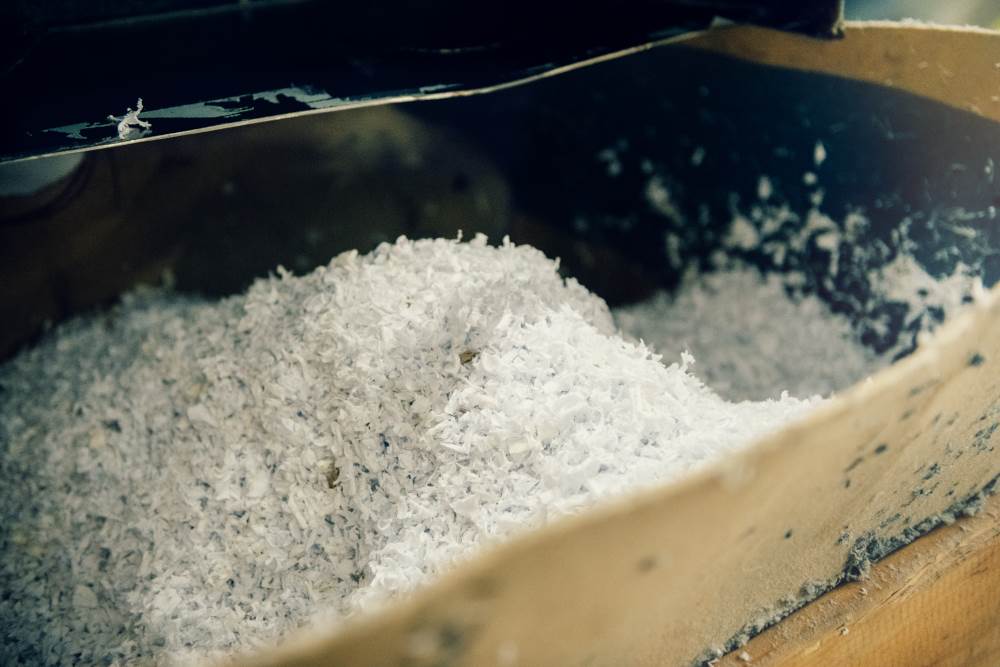‘Significant milestone’ for Renewcell’s recycled raw material
22/10/2020

Swedish recycling innovator Renewcell will supply 175,000 tonnes of Circulose dissolving pulp to Chinese viscose manufacturer Tangshan Sanyou in what it says could be the biggest thing to happen in chemical textiles recycling.
It called the five-year partnership, facilitated by trading house Ekman, a “significant milestone” in the scaling of circular and biodegradable materials for the fashion industry.Patrik Lundström, CEO of Renewcell, said: “We have had this goal in mind for a long time, and it feels unreal that we are there.
“I am truly impressed by the industry leadership shown by Tangshan Sanyou and immensely proud of the Renewcell team for getting us to this point.
“Together, Renewcell, Tangshan Sanyou and Ekman are firmly committed to delivering on our promise to make fashion sustainable at scale.”
Through its patented process, Renewcell is able to upcycle cellulosic textile waste, such as cotton and viscose clothes, transforming it into Circulose.
Renewcell and Tangshan Sanyou have worked together since 2019 to develop high quality viscose staple fibres made from Circulose dissolving pulp recycled from post-consumer and post-industrial textile waste. These efforts resulted in fibres that have been used in collections by H&M and Levi’s.
Zheng Baishan, chairman of Tangshan Sanyou Group Xingda Chemical, said: “The global fashion industry is striding forward on the road to sustainability. Leading the charge, we have developed and used recycled pulp from Renewcell, cooperated and successfully scaled up an innovative viscose product called Circulose fibre.”
Renewcell will deliver its recycled Circulose dissolving pulp from its future plant in Sundsvall in Sweden. The agreement is a key element to securing the financing for the new plant which is set to start production in the first half of 2022. Once operational, the new plant will be capable of recycling the equivalent of 300 million t-shirts, helping to close the loop on fashion and reducing fashion’s reliance on virgin materials.










